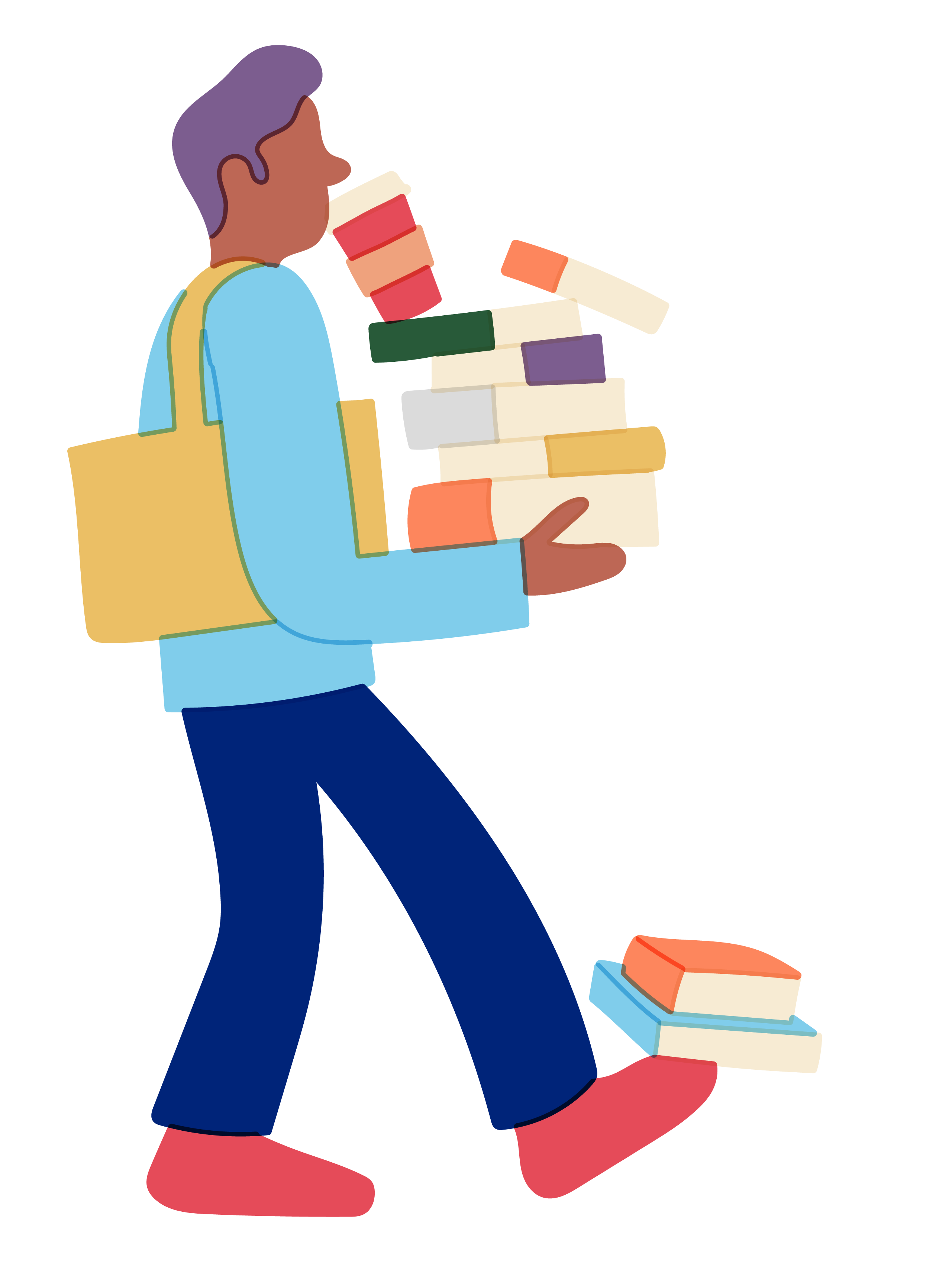In today's competitive job market, it's crucial to be well-prepared for all types of interview questions. In this blog post, I'll break down the main types of questions, as well as how to answer them thoughtfully and thoroughly.
BEHAVIORAL QUESTIONS
Behavioral questions are designed to assess your problem-solving abilities, critical thinking skills, and how you handle real-life scenarios in the workplace. With the right preparation, you can excel in behavioral interviews and impress potential employers.
STEP 1: WHAT ARE BEHAVIORAL QUESTIONS?
Behavioral questions evaluate your ability to think quickly, assess your decision-making skills, and determine how you would handle specific situations relevant to the job. These questions are typically formatted in one of two ways, as seen in the examples below.
Tell me about a time you…
…had to work under pressure.
…needed to use creativity to solve a problem.
…had a conflict with a coworker or colleague.
…had to adapt to a change.
…made a difficult decision.
…took on an unfamiliar challenge.
…failed. How did you or would you learn from this experience?
STEP 2: REFLECT ON PAST EXPERIENCES
Behavioral interview questions require you to draw on your past experiences to demonstrate your skills and abilities. Take some time to reflect on your previous work experiences, internships, classwork, or volunteer work and identify situations that align with the skills required for the job. Think about challenging projects you handled, conflicts you resolved, or instances where you demonstrated leadership and initiative. By having a collection of relevant stories at your disposal, you'll be better equipped to effectively answer behavioral questions.
Have answers ready for behavioral interview questions by referring to concrete examples that display important non-technical or soft skills. Examples of these skills include strong work ethic, time management, attention to detail, dependability, steadiness under pressure, problem solving, positive attitude, communication, decision making, self-motivation, flexibility, teamwork, confidence, and critical thinking.
STEP 3: UTILIZE THE S.T.A.R. METHOD
The STAR method (Situation, Task, Action, Result) is an effective framework for structuring your responses to behavioral interview questions. This method helps you provide a well-rounded response and showcases your problem-solving skills clearly and concisely.
Situation: Provide the interviewer with a brief context of the example.
Task: Summarize the problem or challenge that was a direct result of the situation.
Action: Describe the steps taken to overcome the problem or challenge.
Result: List the positive outcomes of your actions.
TRADITIONAL INTERVIEW QUESTIONS
While interview formats have evolved, traditional interview questions remain a common part of many hiring processes. These questions are designed to assess a candidate's skills, qualifications, and cultural fit within the organization. Preparing for traditional questions before an interview is essential to present yourself confidently and effectively. Consider the following tips:
RESEARCH THE COMPANY
Gain a comprehensive understanding of the organization and job requirements. Learn at least one fun fact that intrigues you about the company. Answer the question: why do you want to work at this specific company? Tailor your answer to align with the company's mission statement and corporate values, and provide examples from past experiences to support your answer. Then answer the question: why are you attracted to this position? Be specific to demonstrate your enthusiasm for the role.
REVIEW YOUR RESUME
Familiarize yourself with the details on your resume and be prepared to elaborate on your experiences, skills, and achievements. Answer the question: why should the company hire you? Prove that you are a worthy candidate by connecting your past accomplishments to the requirements of the role. Describe what you can bring to the table and how you see yourself making a meaningful impact on the team.
OTHER IMPORTANT QUESTIONS
Be prepared to answer questions about your strengths and weaknesses. When discussing your strengths, highlight the specific qualities or abilities that set you apart and make you a valuable asset to the company. On the other hand, when addressing weaknesses, focus on areas where you have identified growth opportunities and provide examples that demonstrate your willingness to improve.
Think carefully about your short-term and long-term career goals. Short-term goals help you focus on immediate steps, while long-term goals provide a broader vision for your desired future. Briefly plan how you will accomplish these goals if you work at this company.
THE IMPORTANCE OF NAME-DROPPING
Before interviewing for a selected position, it may be helpful to network with one or more individuals who work at the chosen company. You can network and learn more about a company through university alumni engagement and networking events, career events, company-hosted information sessions, professional social media platforms, professor connections, and university alumni. Showing your interest in a company during and after these events will help you stand out during the hiring process and may even land you the job. It is also extremely beneficial to name-drop during an interview; Discuss what you learned from a current employee and how it impacted your decision to apply for the position.
ASK RELEVANT QUESTIONS
Finally, prepare a list of thoughtful questions to ask the interviewer that not only demonstrate your interest in the company and role but also showcase your critical thinking skills and desire to contribute meaningfully to the organization. This may also be a good opportunity for you to defend your suitability for the role.
FOLLOW UP WITH A THANK-YOU NOTE
Within two days of your interview, it's important to send a personalized thank-you note or email to express your appreciation to the individuals involved. In your message, reiterate your interest in the position, highlight a specific aspect of the interview that resonated with you, and thank the interviewer(s) for their time and consideration. This simple gesture goes a long way and demonstrates your professionalism and gratitude.


Comments